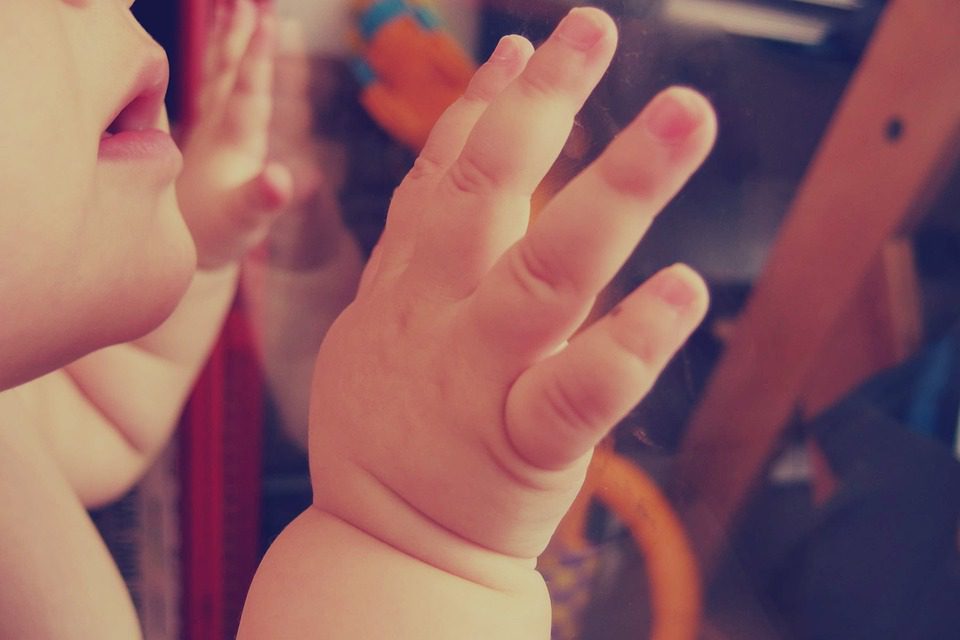Milk teeth or baby teeth are placeholders for adult teeth. The milk teeth help structure and prepare the jaw for the bigger adult teeth that will come at a later stage. Milk teeth also help babies get added nutrition that may not be provided by breast milk or formula. The milk teeth allow babies to bite and chew a wider variety of foods than they could handle with just their gums.

(Pixabay / StockSnap)
Many parents tend to neglect the milk teeth knowing that they are not permanent teeth and will fall out soon. Even milk teeth require care, however. Here are some important facts about baby teeth and the attention they need.
- Babies have 20 milk teeth that grow in between the ages of six months old and three or four years old.
- Milk teeth fall out when it is time for the permanent teeth below to erupt. The first milk teeth are the two lower front teeth, which fall out at approximately 6 years of age. After that, the child will lose around two to four milk teeth each year up until the age of 10 or 13.
- A child should first see the dentist during the eruption of the first milk tooth and certainly before their fifth birthday. The dentist can counsel parents about oral hygiene steps and feeding habits. Early visits to the dentist can help prevent dental problems and also inspire kids to develop sound oral care practices.
- When babies cut their milk teeth, they will normally experience sore gums, increased drooling, disturbed sleep, and loss of appetite. Babies may chew on their fingers or toys to get relief from the discomfort.
- Start early cleaning babies’ teeth. From birth until one year old, wipe the teeth with a clean and damp cloth. A soft baby toothbrush should be introduced after their first birthday.
- At age 2, the toddler can start on fluoride toothpaste for children. Start with toothpaste with 500 ppm fluoride, and switch to 1000 ppm when the child learns how to gargle and spit.
- A baby that falls asleep while feeding may still have a mouthful of milk that is not swallowed. The milk in the mouth may cause tooth decay. Clean the baby’s mouth after his or her feeding to remove residual milk.
- Take babies and children to the dentist’s office for regular checkups twice per year.
Taking care of children’s milk teeth will help ensure healthier adult teeth later in life.
